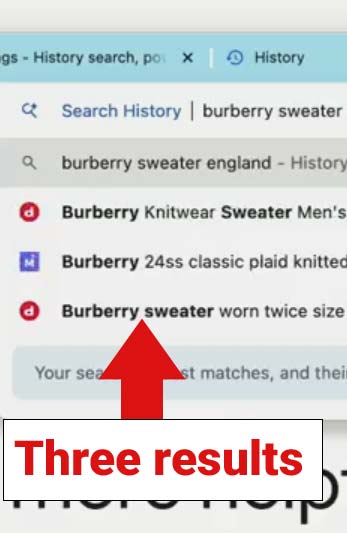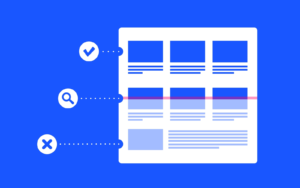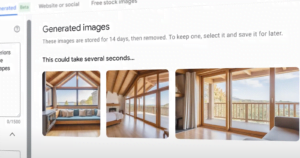How New Chrome AI Feature Challenges SEO To Evolve
A Google Chrome Engineer published a LinkedIn post outlining the new Chrome AI History feature and the signals it uses to surface previously visited sites. The post illustrates that natural language browser history search could become a traffic source, and SEO must evolve in response.
History Search Powered By AI
Google recently announced a new opt-in feature in Chrome that gives users the benefit of AI to search through their browser history and find a page that they have previously visited. This makes it easier for a site that has previously been visited to obtain another visit from the same person.
Chrome AI History Searches Page Content
Chrome Engineering Leader Addy Osmani wrote a description of the new Chrome AI History feature that contained some undocumented information about how it works which shows how text and images are used as data sources for the AI to identify a site that a user had previously visited.
The Chrome Browser history normally just searches the URL and Page Title to find something in the search history. “History Search, powered by AI” looks at the webpage content, including the images.
Osmani shared an example where he identified a page he had previously visited in which the AI used image content to find what he was looking for.
He gave an example of finding a page he visited that’s related to shopping:
“Recently, I was browsing for a new sweater and took a look at a few options across a few sites. I saw some neat Burberry designs. But there was one specific Burberry sweater I liked from a while back that said “England” on it. I can’t remember where I saw it or how to find that page again.
With AI history search, I simply type “Burberry sweater England” and voilà – the exact page appears, even though “England” was only mentioned within an image on the site.”
What does he mean that the word “England” was only mentioned in an image? He doesn’t specifically say that the word was in the image meta data like in the alt tag. I assumed that’s what he meant, that the word England was in the image metadata. So I found the exact page he was looking at (it’s in a video he embedded in his LinkedIn post) and checked the source code and the word “England” was not in the meta data.
If you watch the video the AI Browser history shows multiple pages so it’s possible that the AI simply ignored the word “England” just surfaced everything that had a partial match. But, Osmani said it was surfaced because of the image.
Here’s a screenshot from his video:

Here’s the AI search results showing multiple pages in the results:

The above image shows that the AI history surfaced more than just one page and the other pages weren’t about a shirt that said England, only the one. So it could very well be that the AI history was surfacing the England page not because it had the word England in the image but because it was relevant for the words Burberry and Sweater. But again, it could be because the word was in the image, this is something that needs clarification.
Osmani then offers two more examples that show how using keywords that appear in the page content will help surface web pages that a user had previously visited.
AI Browser Search Documentation
Google maintains a help page dedicated to this new feature where it lists the following tips that also give more information about how the AI browser search works.
- “When you search short and simple text, you’ll be matched directly to the page title or URL. You won’t find an AI-powered result.
- You can rate the best match result. At the bottom of the best match result, select Thumbs up or Thumbs down .
- If you select Thumbs down , you can provide additional feedback on why the result didn’t meet your needs.
- You can also search for browsing history in the address bar.”
Takeaways
Chrome AI search enables repeat visitors through natural language searches. But when users search with simple text Chrome will default to simple keyword matching to the page title and URL.
- Exact keywords are not necessary
- URLs are not necessary
- Short simple text is matched via Title tag and URL
- Keywords in title tag and URL that match to how users will remember the site (the topic) can still be important
- The ability to rate results shows that this feature will continue to evolve
Chrome AI History is a useful feature and will likely become more prominent as people become more aware of it and people become more accustomed to using AI that’s built into their browsers and devices. This doesn’t mean it will become useful to add keywords all over the meta data but it does show how the future of SEO is growing to accommodate more than just search as AI takes a greater role in surfacing web pages.
Read the post on LinkedIn:
Introducing the new Chrome AI History feature
Featured Image by Shutterstock/Cast Of Thousands















Post Comment